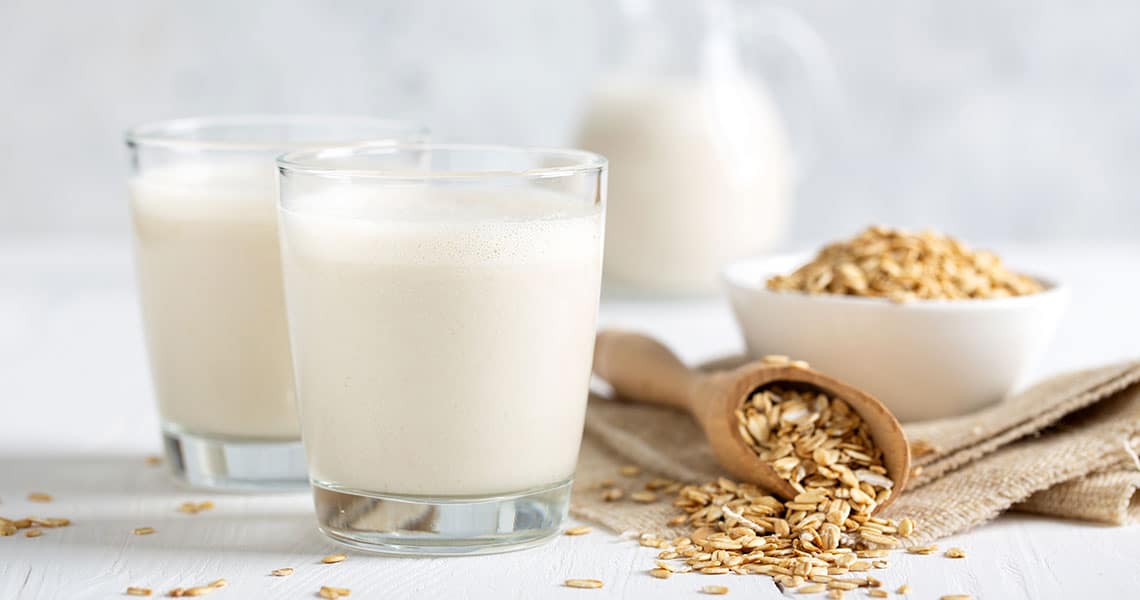Exploring the Growth of Plant-based Milk

Plant-based milk market now accounts for around 10% of the total milk market, and the growing number of consumers of plant-based milks have more choice than ever before.
There are many reasons for the popularity of plant-based milks. As well as a rise in the adoption of vegan and plant-based diets due to health and moral grounds, environmental concerns are also driving uptake, together with an apparent increase in the level of lactose intolerance.
The range of plant-based milks also allows for consumers to express their tastes and identities as cafes and restaurants open-up after lockdown. As one industry analyst said earlier this year, “To choose your specific type of plant-based milk in Starbucks seems to be a way of identifying yourself.”
Production of plant-based milk
There are two main methods for processing plant-based milk: wet or dry. The wet process involves soaking and grinding the raw material in large volumes of water for up to 12 hours. In some cases, enzymes are added to hydrolyse starches (for example in oat milk production). The dry process involves milling the raw material into a flour or powder which is then processed to separate the starch, protein and fibre as desired, before being hydrated. As a result, dry production processes can result in a higher protein content in the finished product.
The production method means that it is important to mix products well, particularly those containing oils or thickening or stabilising agents. Therefore, maintaining product consistency is a key goal for the manufacturing process.
Maintaining quality and demand
The quality of the product is very important and maintaining important quality characteristics requires minimal processing while making sure that processes such as pasteurisation cause as little disruption to the product as possible.
Where possible, combining processes such as dilution and sterilisation, for example by using the HRS DSI Series, can reduce overall processing of the product. The benefit of sterilising using direct steam injection is the speed of the process, with sterilisation temperatures of 100 to 145°C being reached in around a second. For products such as plant milks, this rapid heating prevents cooking of the product and formation of caramel-type compounds which can darken the product or produce unwanted flavours.
It is also useful for grain-based products, such as oat milk, which benefit from the additional dilution with water which the food-grade steam provides, but the type and model of heat exchanger chosen will depend on many different factors, such as the nature of the process to be carried out (pasteurisation, sterilisation, dehydration, etc.) and the viscosity of the drink being processed. HRS has a complete range of products from simple tube-in-tube designs to rotating or reciprocating scraped-surface designs, all of which combine efficient heat transfer with delicate product handling; ensuring that products remain in emulsion and that the product does not foul the equipment.
Whatever plant-based milk product you are producing, it is important to remember that plant-based milks have the same requirements for pasteurisation, sterilisation, cooking or cooling as other beverages which contain specific ingredients. It is therefore crucial to invest in the most effective and efficient processing technology for all stages of production.